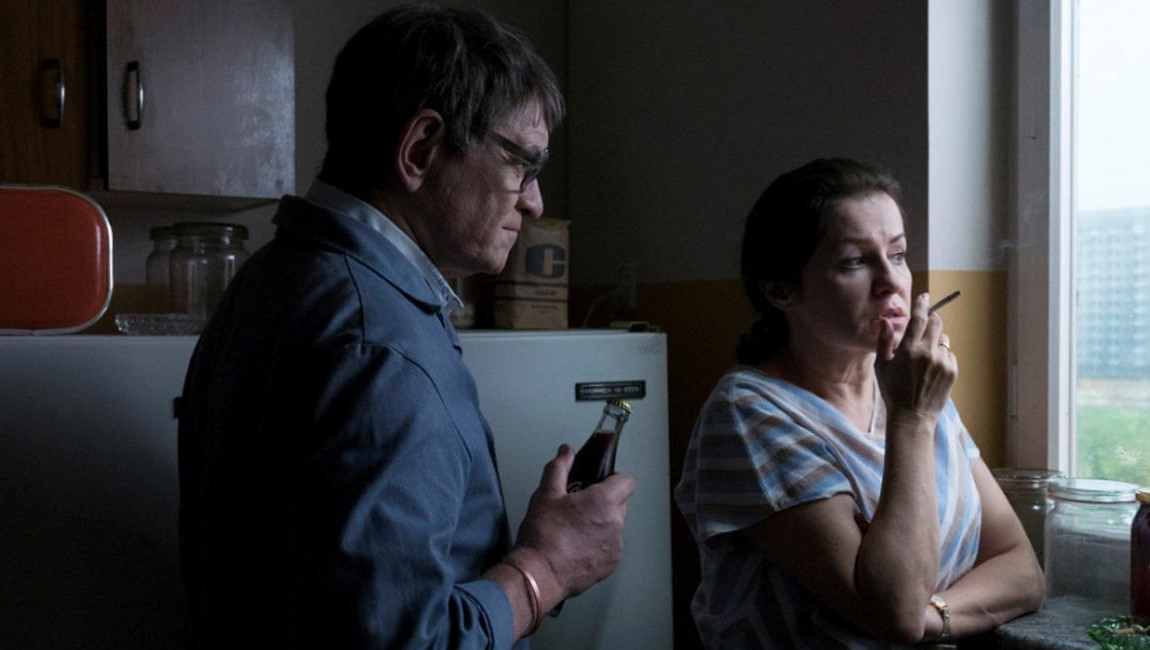On paper, Kamikaze should work: It’s Eminem returning to his battle rap roots, cutting out the overblown pop choruses and cringy classic rock samples that plagued his last album, while going after every mumble rapper under the sun and anyone else who has dared to utter a negative word against him in recent years. But paper is a flimsy thing that tears easily and is cockled when wet… anyway, Kamikaze mostly isn’t good. For one, Em has never sounded this horribly jaded (which is saying a lot for the guy who wrote coldly about killing his ex-wife). On “Lucky You,” Em describes the SoundCloud generation as “half of these rappers have brain damage / All the lean rappin’, face tats, syruped out like tree sap.” For a man so dedicated to preserving hip-hop, it’s often astonishing how many stereotypes he perpetuates about this culture in order to posture himself as the last vanguard in an era that doesn’t respect real craft — not to mention his last seven albums debuted number one on the Billboard Top 100, and he’s arguably one of the most respected legacy MC’s in the game. It’s that last factoid that fatigues Kamikaze‘s anger, making the album feel less like an old guard’s last hurrah and more just a dude angry people clown on his mom’s spaghetti.
The tactics used to attack these supposed haters run the gambit from wildly offensive homophobia (calling Tyler, the Creator a “faggot”; telling music journalists to “get a mouthful of flesh”), using real-world domestic violence as a punchline to settle petty personal quarrels (he refers to Joe Budden’s last hit being “smacking bitches”) to juvenile mimicry one would expect from a five-year old throwing a temper tantrum. “Not Alike” is the worst offender in that regard, featuring Royce Da 5’9″ and his white partner in crime rapping over a Tay Keith beat that samples “Look Alive” and interpolating the Migos, turning the earworm chorus of “Bad and Boujee” into a groan-worthy attack on mindless music (“Brain dead, eye drops / Pain meds, cyclops“). When Em’s not copying music better than his own and mocking it, or bitching about perceived injustices (“Revival didn’t go viral”), he’s using his agro, robotic flow in a way that technically sounds impressive, but is also so densely packed with Russian doll-rhymes as to feel bereft of emotional weight and essentially airless, suffocating under the weight of incessant rapid-fire wordplay. Still, Kamikaze is a better Eminem album than usual for a few reasons: It’s refreshingly economical and to-the-point (a brisk 45 minutes compared the hour-plus ordeals of Recovery and Revival), there’s a general momentum to the production (like the kooky, yet exhilarating self-titled track), and there are even moments here of actual introspection. “Stepping Stone” has Em in full apology mode, addressing his former group D12 — much like “Headlights” did for Em’s mom — and hearing Slim Shady grow up and address an issues like this is satisfying. But it’s also the exception, and Kamikaze tends instead to feel indignant and ornery — and quickly turns into Old Man Yells at (Sound)Cloud.
Published as part of What Would Meek Do? | Issue 2







